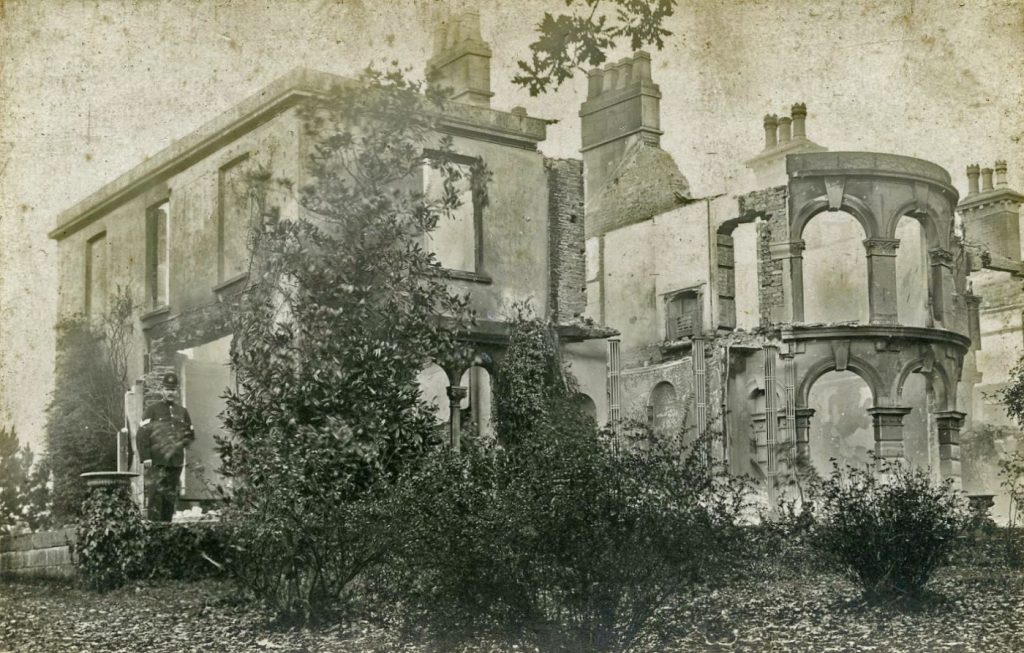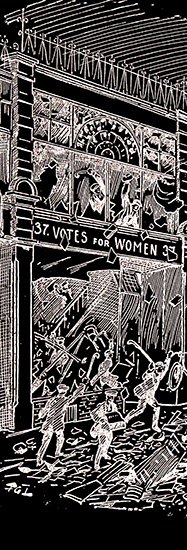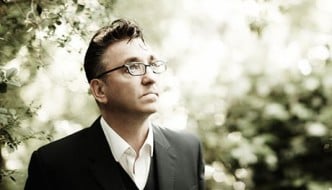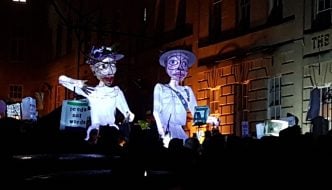Women, Citizenship, and the 1918 Representation of the People Act

With the permission of the University of Bristol Collections.
“Bristol, that Holy Place of Suffrage”
“Birrell is coming. Rachel Pease is still being tortured”. This was the message left at the scene of the burning mansion in Frenchay, along with a copy of The Suffragette, the newspaper published by the Women’s Social and Political Union (WSPU) in 1913.
Begbrook House, which was said to have twenty rooms and a remarkable old staircase, was attacked by the suffragettes protesting against the Liberal MP for Bristol North and cabinet minister, Augustine Birrell, who did not support votes for women.
He was the repeated target of militant protests in Bristol, with suffragettes interrupting his meetings and one even accosting him at Temple Meads Station demanding to have the vote.
The fire gutted the house, causing £3,000 of damage.

Reproduced with permission from Frenchay Village Museum.
A recent seminar given by Professor June Hannam and local suffrage historian Lucienne Boyce provided an insightful overview of the suffragette movement in Bristol, key political figures, and events shaping women’s political involvement in the city.
Of the many historical women involved in Bristolian organisations working for suffrage, Annie Kenney stands out as an inspiring figure. A former mill girl in Manchester, she became active in the WSPU and rose to be the institution’s organiser for the South-West in 1907, based in Bristol until 1911.
When the struggle for suffrage intensified nationally, Bristol experienced its share of controversial militancy, which sections of WSPU deemed necessary to advance the cause. This included infamous window breaking at Colston Hall, as well as the dramatic burning of the University of Bristol’s Sports Pavilion in 1913, a fortnight before the attack on Begbrook House. Arsonists repeatedly demanded that Rachel Pease and Mary Richardson be released from prison, both of whom had been active campaigners in Bristol.
The First World War highlighted the wide-ranging contributions women could make to society, particularly in industrial cities, and the Representation of the People Act followed in 1918.
This enfranchised 8.4 million women across the country who previously could not vote. With the flood-gates at least partly prised open now, the 1918 general election saw more women than men voting in Bristol.

With the permission of the University of Bristol Collections.
The city continued to be at the forefront of social change, electing its first woman to the City Council in 1920: Labour Candidate Mabel Tothill for Easton Ward. She had been a prominent member of the National Union of Women’s Suffrage Societies (NUWSS) in Bristol since the 1890s, and a convinced non-militant suffragette.
Throughout the seminar it was affecting to hear direct quotes from key figures in the suffrage movement, speaking of the events they were involved in. Within the contradictory architecture of the M Shed – its modern interior inside a 1950’s transit shed flanked by disused cargo cranes from the old docks – at times these voices seemed to be travelling across the decades, speaking as pertinently to our society now as they were then.
Indeed Bristol Council’s recent announcement to close public toilets across the city contradicts the provision Tothill originally campaigned for, recognising the need to enable women to move easily around public spaces.
The discussion following revealed that Bristol became a significant place of campaigning in part due to the high proportion of well-educated, wealthy women living in neighbourhoods like Clifton from non-conformist families.
Happily, this strong tradition of alternative, liberal thinking continues, with the MPs currently representing Bristol in Parliament consisting of three women and one man.
The talk was so well attended by both men and women that extra chairs had to be brought in to accommodate the unexpected audience numbers.
Yet our city has room for improvement: women currently comprise only 30% of the 70 councillors comprising Bristol City Council.
Women, Citizenship and the 1918 Representation of the People Act: Bristol Women in Politics was provided by the UWE Bristol Regional History Centre and M Shed on 15th February 2018.
Filed under: Politics
Tagged with: bristol, equality, female politics, feminism, gender politics, politics, suffrage, suffragettes, WSPU



Comments